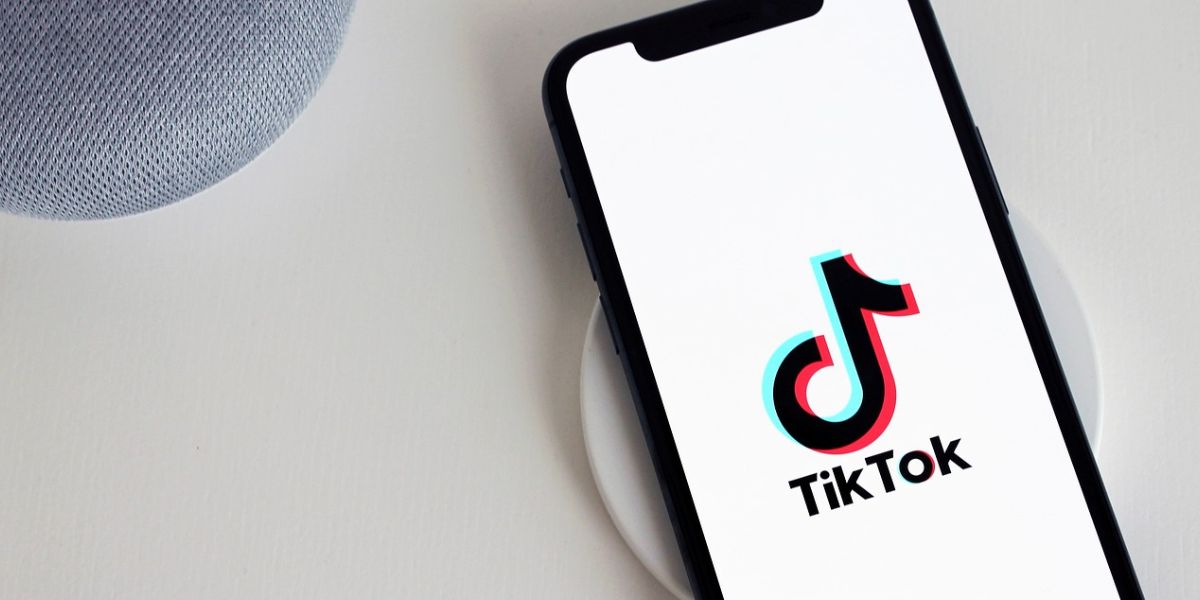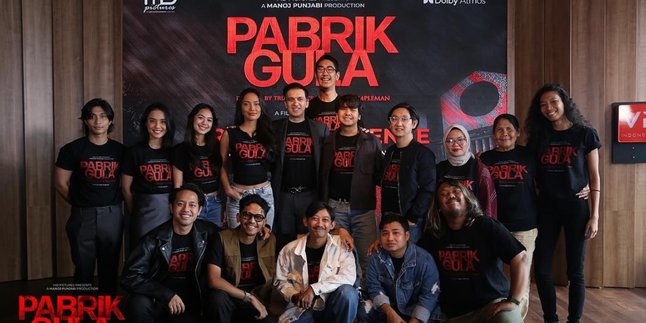Kapanlagi.com - TikTok, the rising social media platform from China, now faces a serious threat: a ban in the United States starting January 19, 2025. This action is taken after the US government expressed concerns that the app could jeopardize national security, particularly regarding potential data access by the Chinese government.
Interestingly, the majority of parents in the US support this decision to protect their children from negative influences and threats in the online world. However, behind this support, a wave of controversy has emerged.
Many TikTok users and creators oppose this policy, arguing that the ban violates the freedom of speech rights guaranteed by the US Constitution. Their concerns deepen, as this move could set a bad precedent for digital freedom in the future.
Summarized by Kapanlagi.com from various sources, the reasons behind the threat to ban TikTok, public reactions, and the legal steps being taken by its parent company, ByteDance, to contest this decision.
Watch how this drama will unfold, and what will happen to one of the most popular social media platforms in the world!
1. The Reasons Behind the TikTok Ban in the US
The United States government is issuing a strong statement regarding TikTok, labeling the app as a threat to national security due to its connections with its Chinese parent company, ByteDance. There are concerns that TikTok user data could fall into the hands of the Chinese government for surveillance or political manipulation.
In an effort to address this issue, President Joe Biden has signed legislation requiring ByteDance to sell its TikTok assets in the US by January 19, 2025; otherwise, the app will be removed from all download platforms and internet services in the land of Uncle Sam.
However, ByteDance denies these allegations, asserting that user data in the US is stored on strictly monitored local servers, and describes the US government's actions as an excessive measure not supported by clear evidence.
2. Parental Support for TikTok Bans
An interesting survey from Security.org reveals that half of parents in the US support banning TikTok as a protective measure for their children against inappropriate content and online security threats. They are concerned that the app could influence their children's behavior and trigger social media addiction.
Interestingly, 84% of parents want full access to their children's social media accounts, and 86% support a parental permission policy before minors use apps like TikTok.
However, despite these concerns, only 30% of parents agree with a total ban for all ages; the majority prefer a stricter regulatory approach rather than an outright ban.
3. Legal Actions Taken by ByteDance and TikTok
ByteDance is not sitting idly by in the face of legal challenges and has filed a lawsuit in the US Supreme Court to contest laws that could potentially shut down TikTok. They argue that this ban violates the First Amendment of the US Constitution, which protects freedom of speech and expression.
According to Yahoo! News, a hearing to listen to arguments from both sides is scheduled for January 10, 2025, and the outcome will be a crucial moment determining TikTok's fate in the US—whether the platform will continue to operate or face permanent shutdown.
Not only that, TikTok creators are also speaking out by suing this policy, expressing that the ban could threaten their freedom of expression and impact the income they earn from product promotions and sponsored content that they rely on.
4. Economic and Social Impact of the TikTok Ban
The ban on TikTok in the United States is predicted to shake many aspects of life, both economically and socially. With over 170 million active users and around 7,000 employees facing the threat of losing access and jobs, the impact will be felt by many parties.
For content creators, TikTok is not just an entertainment platform, but also a vital means to build communities and grow businesses. Concerns arise that this move will damage their relationships with audiences and disrupt the digital ecosystem that has flourished.
Behind this ban, there is a fierce debate regarding internet regulation and data protection in the digital age; while its supporters view it as an important step for national security, its opponents see it as an excessive action that threatens digital freedom.
5. The Future of TikTok: Sale or Negotiation?
ByteDance is currently considering strategic steps to sell TikTok's assets in the United States to local investors in order to avoid the threat of a ban. However, significant obstacles lie ahead due to TikTok's advanced algorithms, which are regarded as intellectual treasures and are tightly protected by the Chinese government.
In this situation, U.S. billionaire Frank McCourt has shown interest in acquiring the popular platform, although discussions are still in the early stages. Meanwhile, former President Donald Trump argues that further negotiation efforts could be a way to save TikTok without facing a total ban.
If all these efforts reach a dead end and the Supreme Court decides to support the ban, TikTok risks being permanently blocked, which would undoubtedly shake the world of users and the social media industry in the U.S.
6. Why is TikTok threatened with being banned in the US?
TikTok is currently in the spotlight for being considered a threat to national security, following allegations that the Chinese government could access user data through its parent company, ByteDance.
7. When will TikTok be banned in the US?
Starting January 19, 2025, a major challenge awaits ByteDance: if the company does not sell its TikTok assets in the United States before the specified deadline.
8. Is there a way to save TikTok in the US?
ByteDance is considering strategic steps to sell its assets to local investors, or perhaps pursuing a clever legal deal to avoid the threat of a ban.
9. What is the impact of a TikTok ban on users and the US economy?
Users will be forced to give up the access they have enjoyed, while thousands of workers face the worrying threat of job loss.
10. Does this ban violate freedom of speech?
ByteDance along with creators stated that this ban seems to challenge the First Amendment which protects freedom of speech in the United States, sparking intense debate about the right to express oneself in the digital age.
(kpl/srr)
Disclaimer: This translation from Bahasa Indonesia to English has been generated by Artificial Intelligence.












